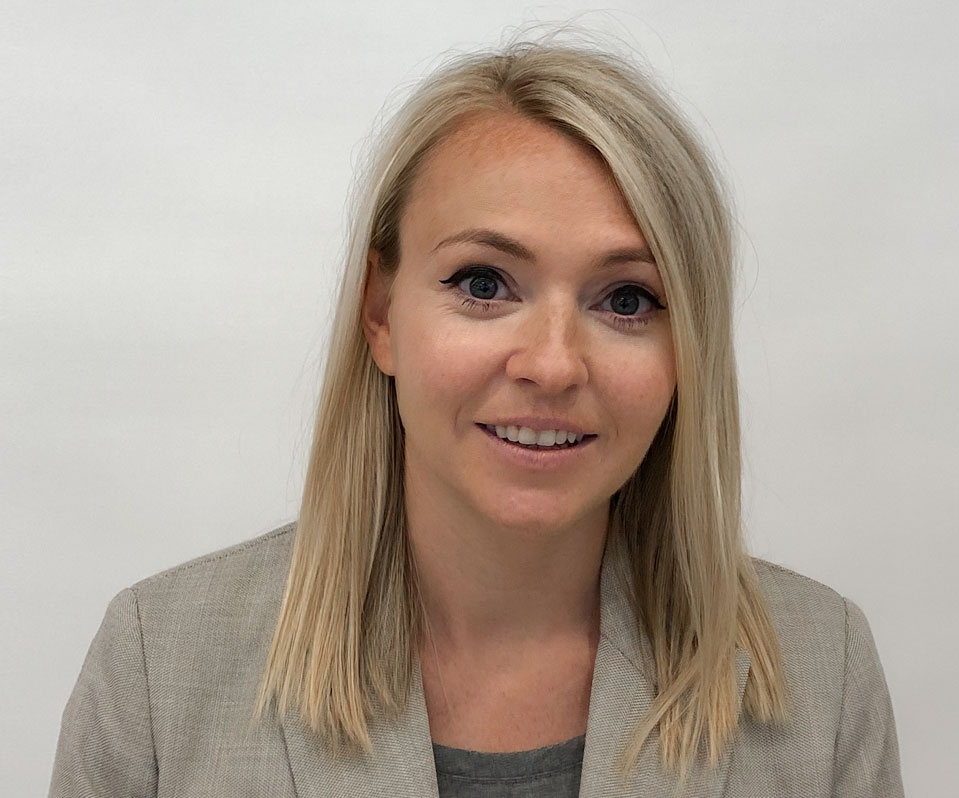|
The final bells are not only ringing for Kings Landing but also for the first half of 2019. Besides taking a look back on the year so far, I caught myself wondering how I would design the best assessment centre for the Queen or King of the 7 Kingdoms?
In contrast to Game of Thrones, for Propel International the past 5 months have been positively eventful and we are continuously in growth mode. For example, just recently, we held our largest ever global team day, with attendees from Canada, New Zealand, Spain and the UK gathering in Dubai for a week. |
Excitingly, we are also currently in the process of finalizing a deal that would see us expanding into another global assessment and development country. More on that hopefully within the next two months!
|
PROPEL AROUND THE WORLD
|
UK Update:
The UK team have recently been experiencing a growing Client and Partner interest in the extent to which Propel is able to support the design, delivery and hosting of online surveys via the Propel Talent Portal. A large proportion of these requests are for the provision of 360 feedback surveys and associated reporting. Often people think of a 360 survey as being quite standard but our clients and partners are using this is a number of ways. For example, we have clients using our standard Leadership 360 and reporting ‘off the shelf’ (of which we have 3 levels of 360 available ready to use - Employee, Manager and Leader). Then we have several clients who have tailored our standard 360 to ensure it is more aligned to their own branding and organisational look and feel, for example by changing branding, behavioral names and language. Lastly, we have clients working with us to create fully bespoke 360’s and customised reporting. One such Partner is a leading global professional services provider who has created their own questionnaire and behaviours, and have fully customised the reports which they now distribute and sell to their own clients via their very own branded Talent Portal. New Zealand Update:
What does good look like in your organisation? That is the question we have been working with a client to answer to refine and clarify their competency framework. Often, we can become focused on ‘what’ employees are achieving, rather than considering ‘how’ they are going about meeting their objectives. By defining a clear competency framework, we can articulate what behaviours are expected and valued in our organisation. This supports selection decisions, performance conversations and succession planning. During May, we have partnered with our client to translate their current competency model into a levelled framework which articulates the behaviours expected at the Individual Contributor, Manager and Leader level based on the culture and strategic direction of the organisation. This provides consistency in terms of how we measure competencies at selection and also how we use these for development by providing a common ruler of what good looks like. |
Spain Update:
Career development can be used as a vehicle for driving and reinforcing talent attraction, retention, engagement and succession planning across any organisation. Increasingly, we are finding HR leaders seeking an integrated solution around career management, emphasising that the approach and supporting framework designed is one that empowers employees to take responsibility for managing their own careers. With this said, a fundamental element of career management is building understanding around career paths, as well as – and more importantly – how to equip leaders in acting as career activists for their team members. Through a client partnership, Propel Spain has designed a series of career development tools and workshops for both employees and line managers with the aim of adding immediate impact and long lasting value to the individual and the organisation. Middle East Update: Experiences within Propel Middle East indicate that 360-degree feedback and multi-rater surveys appear to be the current focus for customers locally. As mid-year approaches, we are noticing more and more organisations launch multi-rater feedback programs to raise self-awareness in their people and ensure leaders and managers are equipped with the self-awareness to provide the right direction and make things happen throughout the remainder of 2019. In particular, we have seen a keen interest from clients in our ‘on-demand’ feedback tools to collect real-time qualitative feedback via short, pulse surveys focusing on qualitative comments. |
IN THE SPOTLIGHT
|
Every senior leader needs to be ‘strategic’ don’t they? At Propel our consultants are often asked by our clients to help define what success looks like in order to understand how best to assess fit / readiness / high potential for a particular level or role. A common misperception at the most senior leadership level is that all senior leaders need to be ‘strategic’. There is a general consensus that they need to be able to see the bigger picture and understand how to create a strategy and organizational plan and vision – but how often do they need to truly transform what has been done before? To think completely differently? To create something completely new? Typically executive assessment methods comprise some form of upfront online assessment to measure preferences, motivators, values and tendencies, combined with some form of face to face assessment usually including an in depth interview and potentially also some form of work related simulation exercise (e.g. presentation or role play). We found that this does not always give a true and complete measure of someone’s strategic thinking capability or mental learning agility. All leaders as they progress into more senior positions will deal with increasing levels of ambiguity, complexity and pressure.
|
What we wanted to be able to understand is how we can better assess individuals to understand their current and potential level of cognitive functioning. To this end we have begun to incorporate Cognadev’s pioneering tool, the Cognitive Process Profile (CPP) into our standard executive assessment offering. The CPP measures the complexity preferences and capabilities of people. Based on Stratified Systems Theory, it is an online tool which measures an individual’s cognitive approach to, and capability for, processing and working with highly complex and ambiguous information when under pressure. It measures an area that is extremely difficult to measure and yet critical to success in strategic senior roles. We have already found it to add a huge amount of value to the executive assessment process in that it provides insights that just cannot be gleaned from other tools or assessment methods currently available in the market.
|
MEET A PROPELLER
|
What pioneering project are you currently working on?
I am currently working with one of our key multi-national clients on a number of different talent initiatives e.g. online custom built selection and development assessments, situational judgement tests and 360 degree feedback surveys. The data from these solutions are being captured on a talent platform which we have designed for the client. As we gather a comprehensive database of assessment points over time, the client can conduct analyses that is only achievable with ‘big data.’ This includes predictive analytics, diversity and talent mobility analytics and impact analytics to measure the impact and ROI of the initiatives. They can also identify flight risks and retention issues, as well as skills shortages before they prevent the organisation from achieving its strategic goals. |
|
What do you believe is the biggest challenge in talent management today?
I believe the biggest challenge in talent management is the changing talent landscape. A high proportion of today’s workforce is made up of millennials who value job mobility, which results in reduced job tenure. Organisations need to look for ways in which they can attract and retain millennials, utilising their knowledge and skillset in a shorter time frame than what they have been previously used to. From an attraction perspective, as millennials value technology and innovation, it is important organisations position themselves at the forefront of this. For example, through the use of game-based assessments as an initial selection tool, organisations can raise their brand image to millennials. In regards to talent retention, focus needs to be placed on more individual project-based partnerships and development programs in which millennials can continuously learn and evolve on the job, driving growth from within. Organisations should leverage on technology based learnings, and ensure they are aligned to immediate strategic priorities. |
Why are you passionate about Propel?
I am passionate about Propel as I am aligned with its core value of delivering quality services to our clients. The delivery of high quality services can help organisations fulfill their strategic goals through their talent. At a more granular and impactful level, it also helps individuals reach their full potential. We are bold in the ideas we present to our clients and think big to ensure we always provide pioneering solutions. |




